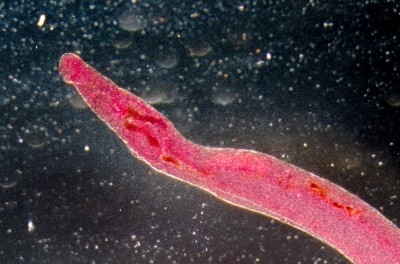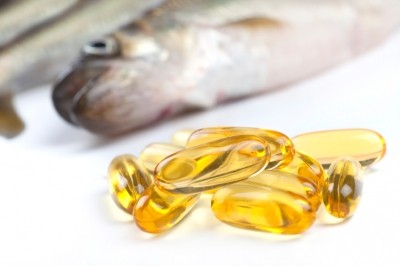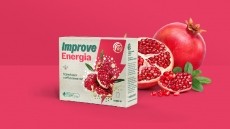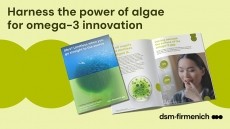Cargill wins EU novel foods approval for omega-6 form ARA

ARA is commonly found in such products in conjunction with omega-3 form, docosahexaenoic (DHA), and is found naturally in breast milk. Cargill’s version can now enter the infant formula supply dominated by DSM-Martek under the EU infant formula directive.
"Cargill is pleased that we now have the opportunity to help our European customers develop premium infant formulas using Cargill's ARA," said David Henstrom, vice president of Cargill Health & Nutrition.
"This approval is the culmination of a series of regulatory efforts that, coupled with our increased capacity, now enables us to fulfill the needs of our infant formula customers in Europe."
The ingredient won generally recognised as safe (GRAS) approval from the Food and Drug Administration's (FDA) at the beginning of 2011.
The scientific literature points to brain and vision benefits for infants for ARA, although the European Food Safety Authority (EFSA) refused a claim for ARA and DHA that sought to state that, DHA and ARA, “contribute to the optimal brain development of infants and young children”.
Most infant formulas contain ARA to DHA ratios of about 2:1.
Cargill opened a Chinese facility in 2010 to boost its ARA production.
Claims
The rejected DHA-ARA claim in question was submitted by Merck Selbstmedikation GmbH in 2009 and followed global algae-sourced DHA leader, Martek Biosciences, which had a similar DHA-ARA dossier turned down in the first series of opinions in the second half of 2008.
The German firm recommended mothers consume 200mg of DHA per day during and after pregnancy to confer eye health and brain health benefits in the foetus and infant. But EFSA’s Panel on Dietetic Products, Nutrition and Allergies (NDA) said, “There is insufficient evidence to establish a cause and effect relationship.”















